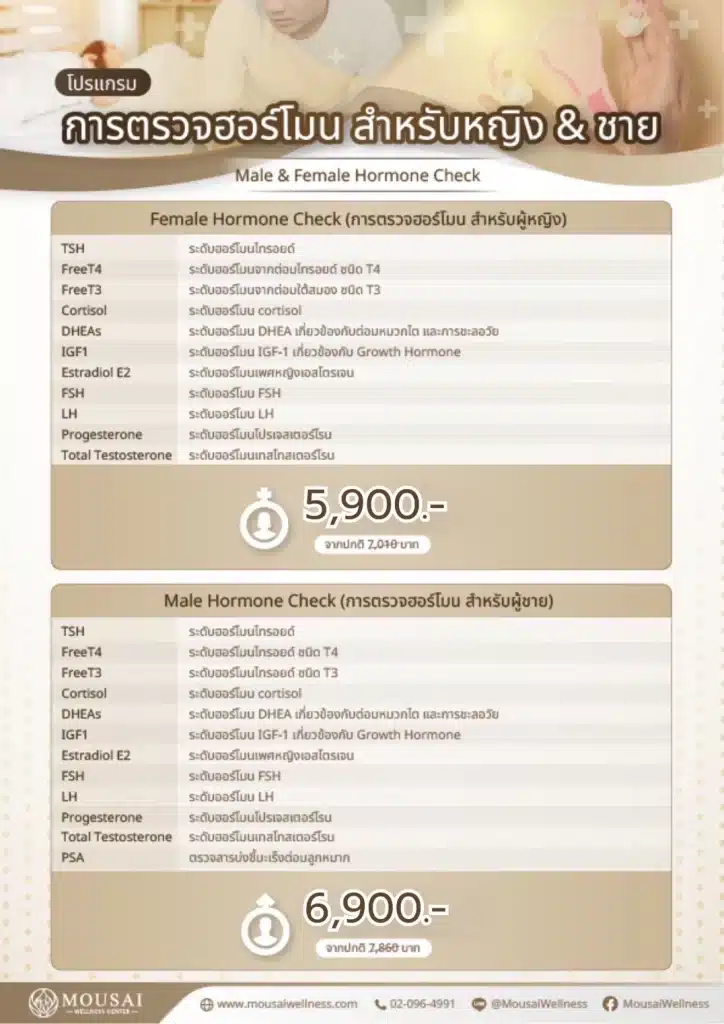
ภาวะต่อมหมวกไตล้า เป็นภาวะที่ต่อมหมวกไตทำงานหนักติดต่อกันเป็นระยะเวลานาน โดยต่อมหมวกไต มีหน้าที่ ปรับสมดุลความดัน กระตุ้นภูมิคุ้มกัน ลดความเจ็บปวด ต่อต้านควบคุมความเครียด ลดภาวะการแพ้ และการอักเสบของร่างกาย
ผู้ที่มีภาวะต่อมหมวกไตล้า มักมีอาการ ดังนี้ เหนื่อยง่าย อ่อนเพลีย ชอบทานหวาน หน้ามืด เวียนหัวบ่อย อารมณ์แปรปรวนง่าย ร้อน ๆ หนาว ๆ คล้ายเป็นไข้






